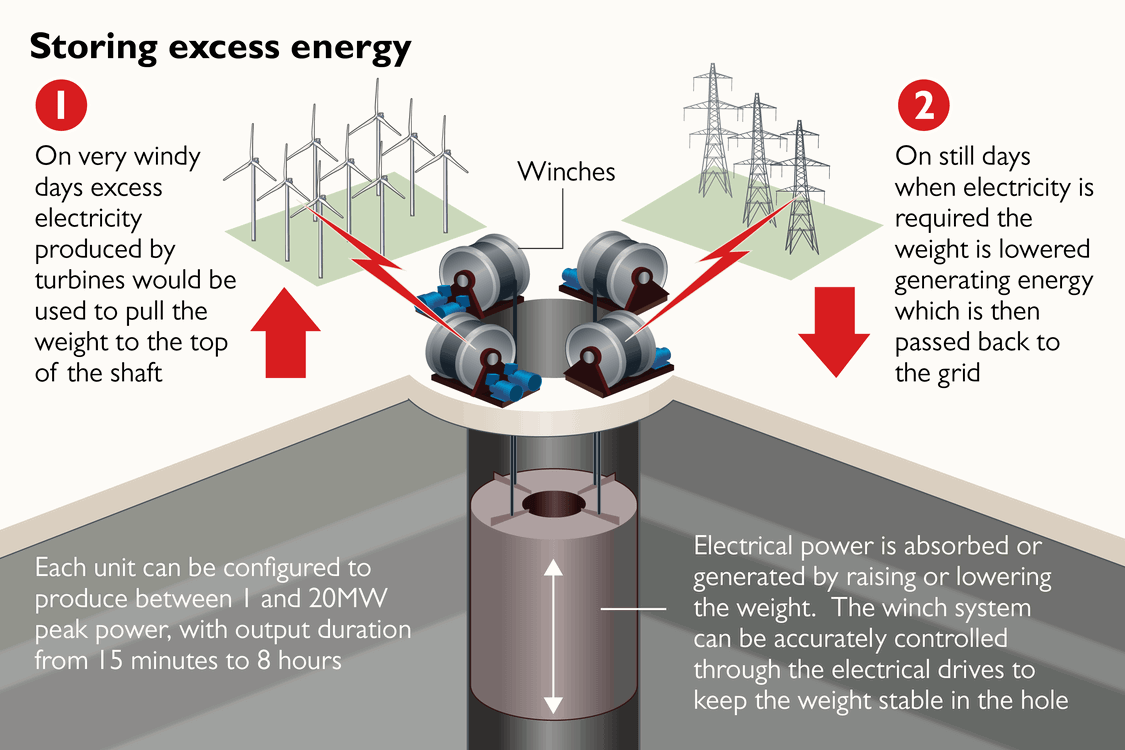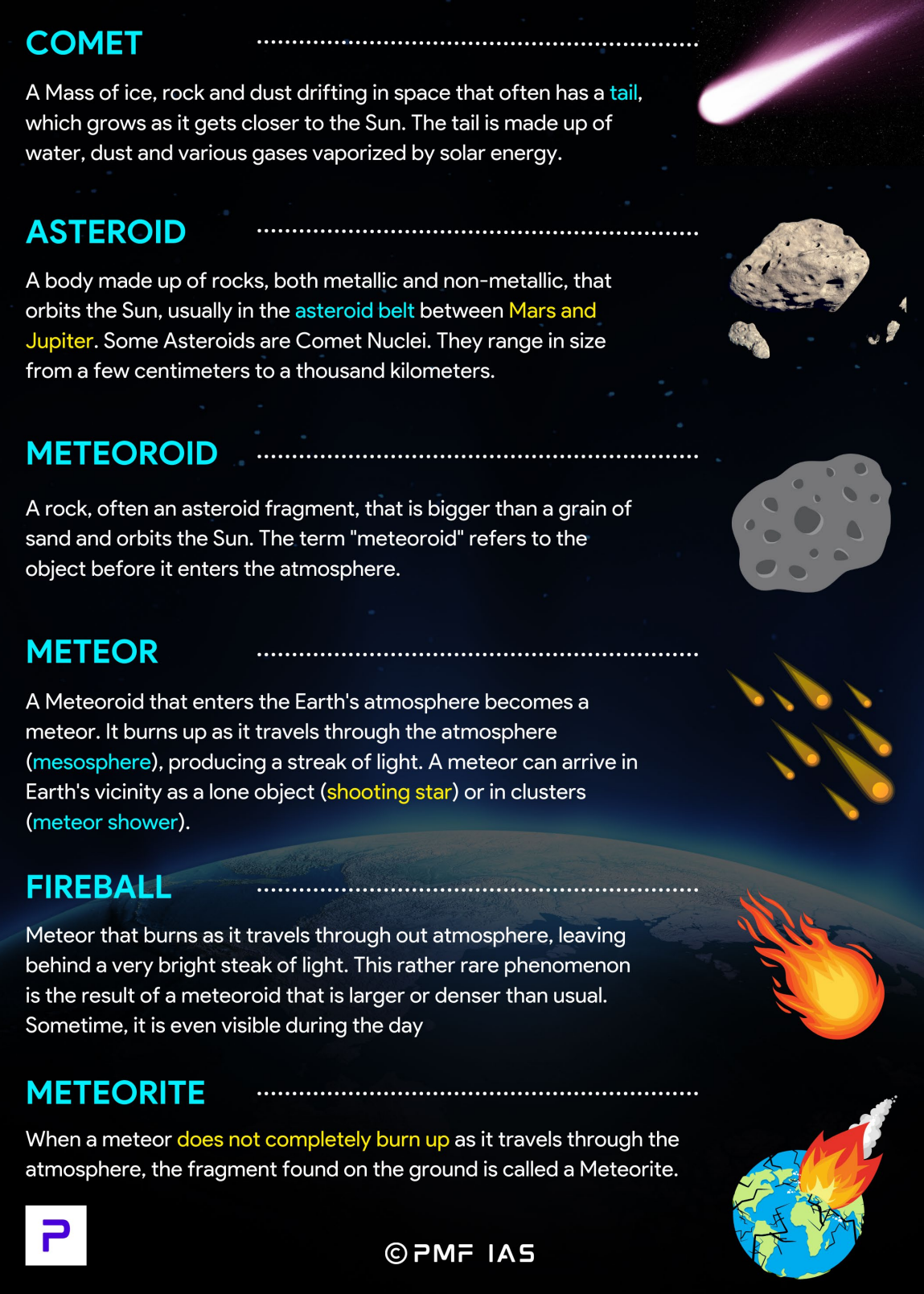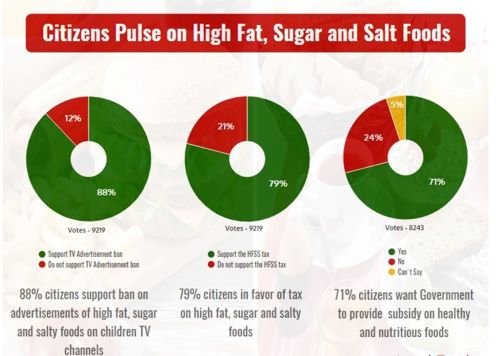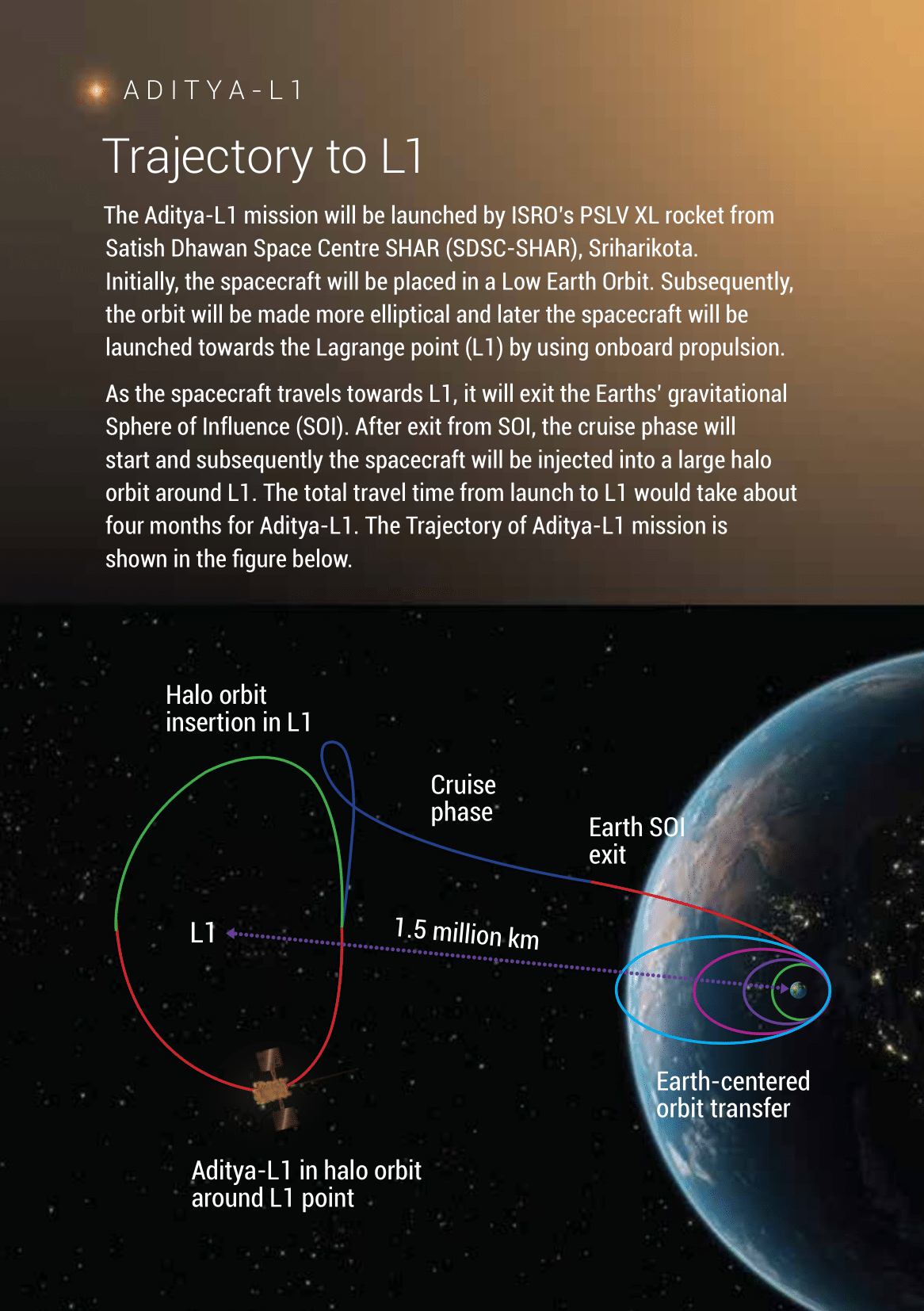
Retrospective Tax on Online Gaming
Subscribe to Never Miss an Important Update! Assured Discounts on New Products!
Must Join PMF IAS Telegram Channel & PMF IAS History Telegram Channel
Retrospective Tax
- Context (ET): Online gaming companies currently pay an 18% tax on the commissions they collect from customers.
- In July 2023, the GST Council decided to levy 28% GST on the full value of online gaming.
- This rate was made applicable retrospectively.
- As a result of the retrospective tax, online gaming companies need to pay taxes for past transactions.
- Retrospective tax is a tax charged for transactions in the past.
- It simply means imposing an additional tax charge from a specified date in the past.
- Retrospective taxation allows a nation to implement a rule to impose a tax on certain products, goods, or services from a time before the date on which the law is passed.
History of the controversial Retrospective tax in India
- The GoI amended the Income Tax Act 1961 and introduced the retrospective tax provision in 2012.
- It allowed the government to ask companies to pay taxes on mergers and acquisitions (M&As) before that date.
- In 2007, Vodafone acquired Hutch for $11 billion. In 2012, the GoI demanded 7990 crores in capital gains retrospectively.
- The company took the matter to the SC, which eventually favoured Vodafone.
- Vodafone filed lawsuits against the retrospective tax in international courts, which India lost.
- In 2006, Cairn Energy made an internal reorganisation.
- In March 2015, the GoI asked the company to pay Rs 10,247 crore in taxes on alleged capital gains made by the company in the internal reorganisation.
- Cairn Energy initiated an international arbitration to challenge retrospective taxation.
- The international arbitration tribunal ruled in favour of Cairn and asked GoI to pay Rs 8,000 crore as damages to Cairn.
Tax on online gaming
|





![PMF IAS Environment for UPSC 2022-23 [paperback] PMF IAS [Nov 30, 2021]…](https://pmfias.b-cdn.net/wp-content/uploads/2024/04/pmfiasenvironmentforupsc2022-23paperbackpmfiasnov302021.jpg)











